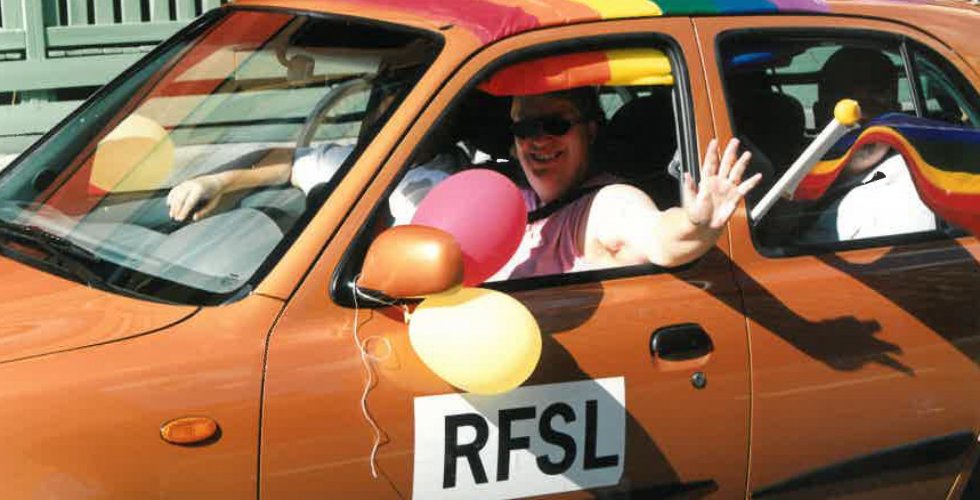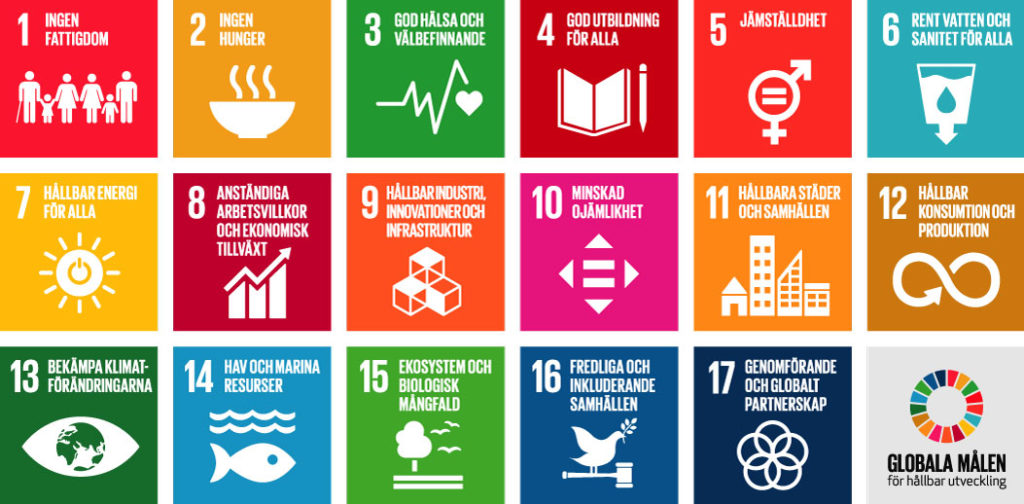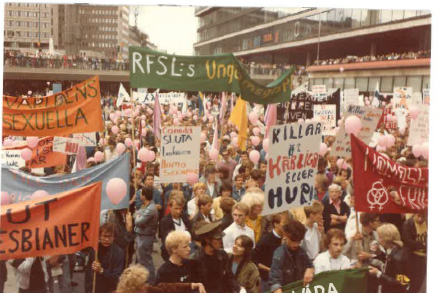
RFSL turns 70!
Today, one of the world's oldest LGBTQI organisations turns 70. RFSL has gone from being an underground movement, where members were often meeting in secret, to becoming an organisation that champions LGBTQI people's rights in Sweden and the world.
RFSL was founded on October 21, 1950, exactly 70 years ago. 36 people, 35 men and one woman, had gathered in Solna to play the gramophone, dance and start a Swedish branch of a Danish organisation for homosexuals that was founded in 1948.

Today, RFSL is an integrated part of Swedish public health work and a unique knowledge resource in society. RFSL does advocacy work at the UN and distributes Swedish aid, but is still a grassroots movement with members all over Sweden.
RFSL has often been the first to raise awareness about certain issues and thereby helped to bring about change. For example in 1953, when RFSL, in a petition to the Ministry of Health and Social Affairs, addressed the issue of marriage for same-sex couples. However, RFSL’s board felt that the petition was so controversial that they considered revoking it: “There’s a danger that the newspapers would have a field day, should they hear about it”, it says in a protocol from 1954.
Sören Juvas was president of RFSL 2001-2010. Under his leadership, RFSL finally secured the right to same-sex marriage and joint parenthood.

Sören Juvas summarises his years as president:
– The operation became broader, we became a feminist organisation and the international work was expanded. RFSL became recognised by the UN, and LGBTQ issues became universal during this period. RFSL also adopted a more rights-based approach, something taken for granted today, but it took hard work.
Under our next president, Ulrika Westerlund, forced sterilisation of trans people was abolished in 2013.

– It’s at the top of my memory that we, along with others (the legal practitioner Kerstin Burman must be mentioned), finally managed to secure the abolishment of forced sterilisation of people who want to change their legal gender. And that we also, a few years later, secured damages for those who had already been sterilised. Another development in RFSL that I also feel has been amazing is the establishment of RFSL Newcomers. I’m glad I could be a small part of that too!

Today, RFSL works broadly to improve LGBTQI people’s situation in Sweden and in other countries, and an important contribution from RFSL is that an LGBTQ perspective was included in the preparations for Agenda 2030 and the global goals for sustainable development.

– RFSL’s prioritised areas are rainbow families’ rights, asylum-seekers, trans and intersex people and seniors, says Deidre Palacios, RFSL’s current president.
Historic overview, important dates

One of the first breakthroughs in RFSL determined fight for rights came in 1973 when parliament stated that “homosexual partnership, from society’s point of view, is a fully acceptable form of partnership”. Other reforms that RFSL has contributed to and which have changed the lives of LGBTQ people in Sweden for the better are:
1979 – The National Board of Health and Welfare removes homosexuality from its classifications of illnesses.
1995 – It becomes possible for same-sex couples to enter into a registered partnership.
2003 – Same-sex couples get the right to joint parenthood, which two years later is followed by that couples consisting of two women are given access to assisted fertilisation.
2009 – It becomes possible for same-sex couples to marry.
2013 – The prerequisite of sterilisation for trans people who want to change their legal gender and access gender-affirming care is taken out of the gender recognition act, which since 1972 has made it possible to change legal gender.

